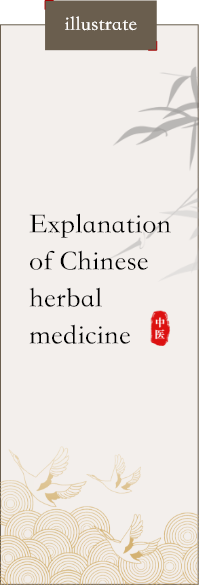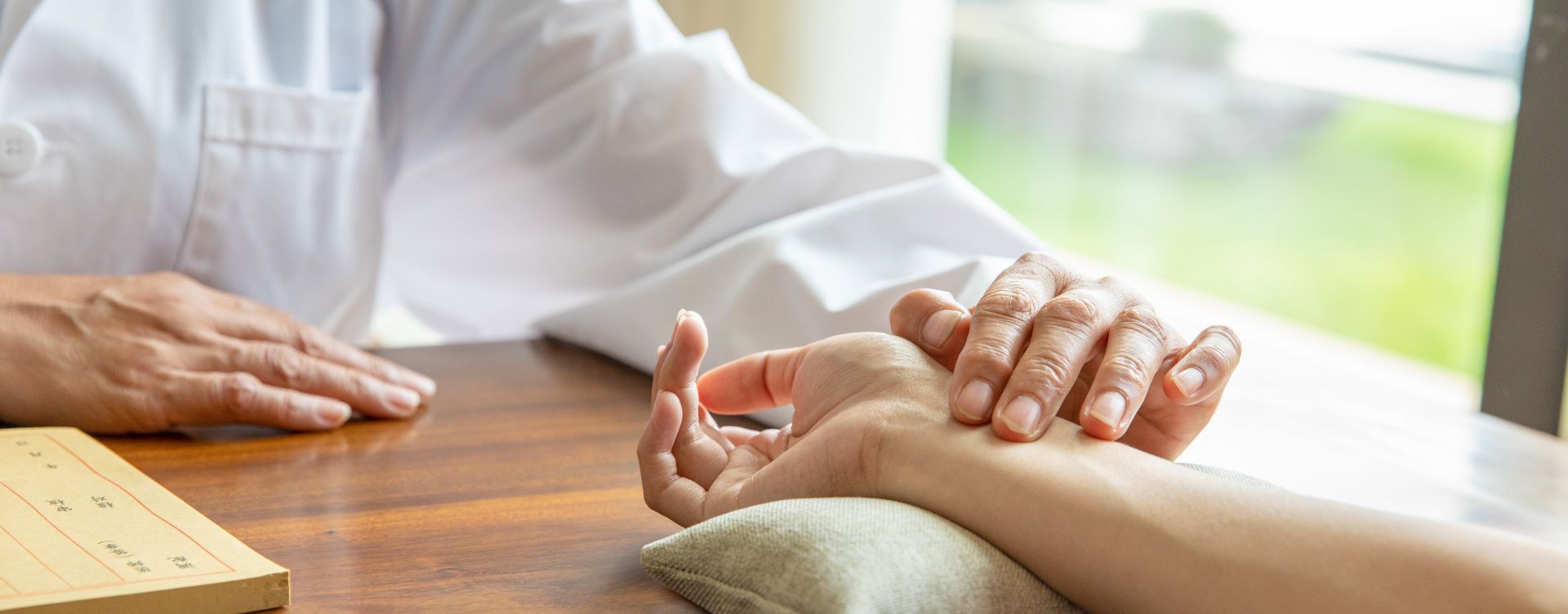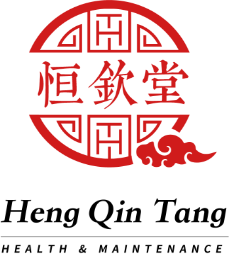Chinese herbal medicine contains thousands of natural medicinal plants, such as leaves, roots, stems, flowers, and seeds.
This herb has its own characteristics and special medical uses, which can treat diseases by balancing yin and yang (sun and moon, cold and hot, dry and wet) and help the body restore normal physiological functions.
Our experienced traditional Chinese medicine practitioners choose higher quality herbs (extracted and refined through special countdown times and precession) and prescribe herbal combinations suitable for treating you and your condition (carefully selecting 15 or more from the total amount).
Therefore, each prescription is tailored to each patient's unique energy flow and personality, even at birth.
Usually, our herbs are mixed in formula form and provided in the form of tea, capsules, dried herbs, tinctures, or powders.
The exploration of traditional Chinese medicine by the Chinese people has gone through thousands of years of history. According to legend, Shen Nong tasted a hundred herbs and pioneered medicine, earning him the title of "Medicine Emperor".
Traditional Chinese medicine mainly consists of plant medicines (roots, stems, leaves, fruits) and mineral medicines. Due to the fact that plant medicine accounts for the majority of traditional Chinese medicine, traditional Chinese medicine is also known as Chinese herbal medicine. There are about 5000 types of traditional Chinese medicine used in various regions, and countless formulas are formed by combining various medicinal materials. After thousands of years of research, an independent science has emerged - Materia Medica.
The curative effect of Chinese herbal medicine has been paid more and more attention nowadays. For example, acupuncture and moxibustion in China and the preparation of Chinese herbal medicine have gone deep into all parts of the country. China is the birthplace of traditional Chinese medicine, with approximately 12000 medicinal plants. The in-depth exploration, research, and summary of traditional Chinese medicine by ancient sages have led to a wider recognition and application of traditional Chinese medicine.

This herb has its own characteristics and special medical uses, which can treat diseases by balancing yin and yang (sun and moon, cold and hot, dry and wet) and help the body restore normal physiological functions.
Our experienced traditional Chinese medicine practitioners choose higher quality herbs (extracted and refined through special countdown times and precession) and prescribe herbal combinations suitable for treating you and your condition (carefully selecting 15 or more from the total amount).
Therefore, each prescription is tailored to each patient's unique energy flow and personality, even at birth.
Usually, our herbs are mixed in formula form and provided in the form of tea, capsules, dried herbs, tinctures, or powders.
The exploration of traditional Chinese medicine by the Chinese people has gone through thousands of years of history. According to legend, Shen Nong tasted a hundred herbs and pioneered medicine, earning him the title of "Medicine Emperor".
Traditional Chinese medicine mainly consists of plant medicines (roots, stems, leaves, fruits) and mineral medicines. Due to the fact that plant medicine accounts for the majority of traditional Chinese medicine, traditional Chinese medicine is also known as Chinese herbal medicine. There are about 5000 types of traditional Chinese medicine used in various regions, and countless formulas are formed by combining various medicinal materials. After thousands of years of research, an independent science has emerged - Materia Medica.
The curative effect of Chinese herbal medicine has been paid more and more attention nowadays. For example, acupuncture and moxibustion in China and the preparation of Chinese herbal medicine have gone deep into all parts of the country. China is the birthplace of traditional Chinese medicine, with approximately 12000 medicinal plants. The in-depth exploration, research, and summary of traditional Chinese medicine by ancient sages have led to a wider recognition and application of traditional Chinese medicine.

